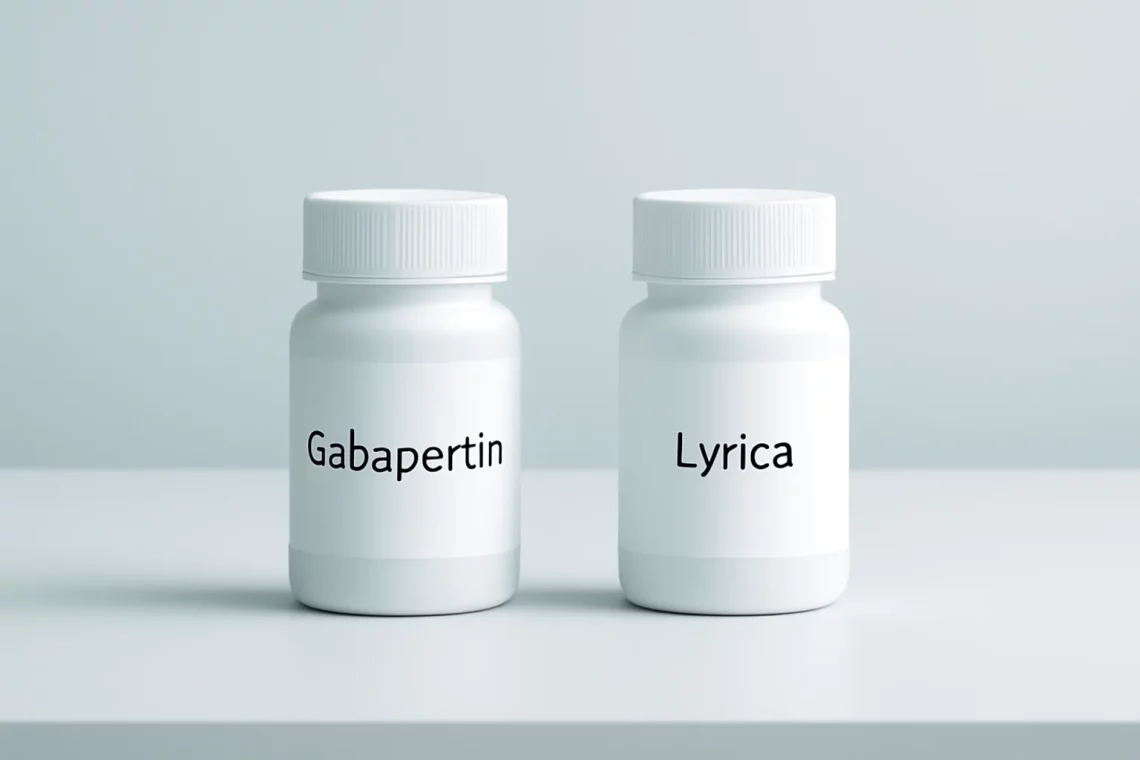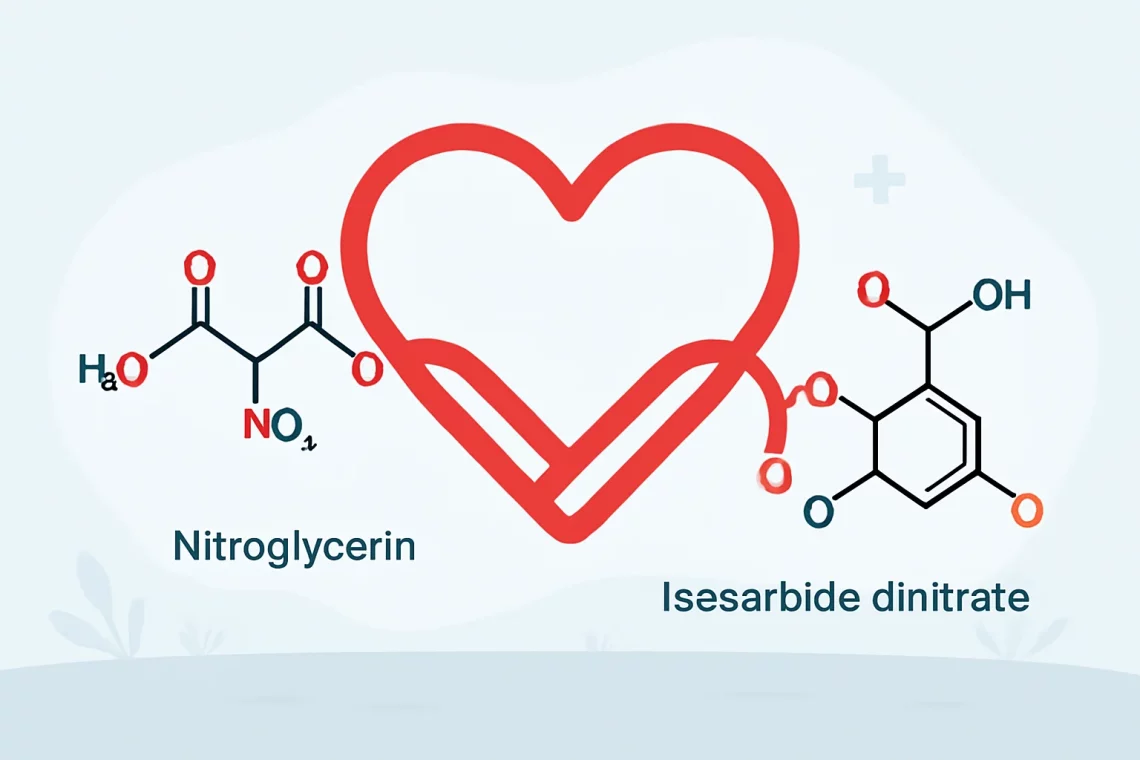-
Zepbound vs Saxenda: Which Weight Loss Solution is Right for You?
The quest for effective weight management has led to the development of various pharmaceutical options, each promising a unique approach to tackling obesity and associated health issues. Among these medications, Zepbound and Saxenda have emerged as significant players in the weight loss landscape. Both medications are designed to assist individuals in their weight loss journey, but they operate through different mechanisms and cater to different patient needs. Understanding these two options is crucial for healthcare providers and patients alike, as they navigate the complexities of weight management. The growing prevalence of obesity has prompted increased scrutiny and research into the efficacy and safety of weight loss medications. With many individuals…
-
Cephalexin vs Doxycycline: Key Differences and Uses Explained
Cephalexin and doxycycline are both antibiotics that serve critical roles in the treatment of bacterial infections. They belong to different classes of antibiotics, which means they work in distinct ways and target various types of bacteria. Understanding their mechanisms, uses, and potential side effects can help patients make informed decisions when prescribed these medications. Antibiotics have been a cornerstone of modern medicine, providing essential treatments for infections that could otherwise be life-threatening. However, their effectiveness can depend on the specific type of bacteria causing the infection, as well as patient-specific factors such as age, health status, and potential drug interactions. This complex interplay highlights the importance of understanding the differences…
-
Adderall vs Qelbree: Comparing ADHD Medications and Their Effects
Adderall and Qelbree are two medications commonly prescribed for the treatment of attention deficit hyperactivity disorder (ADHD). Both drugs have unique properties and mechanisms of action, making them suitable for different patient needs and preferences. As ADHD continues to be a prevalent condition affecting children, adolescents, and adults, understanding the differences between these medications becomes increasingly important for patients, caregivers, and healthcare providers alike. While Adderall is a stimulant medication that has been widely used for many years, Qelbree represents a newer, non-stimulant option that offers an alternative for those who may not respond well to traditional stimulant treatments or who experience undesirable side effects. The choice between these two…
-
Gabapentin vs Lyrica: A Comprehensive Comparison of Two Medications
Gabapentin and Lyrica are two medications commonly used to manage various types of nerve pain and certain seizure disorders. Both drugs belong to a class of medications known as anticonvulsants, which work by stabilizing electrical activity in the brain and modulating neurotransmitter release. Despite their similar purposes, gabapentin and Lyrica (pregabalin) have distinct formulations, efficacy profiles, and potential side effects, making it essential for healthcare providers to carefully consider which medication may be most appropriate for each individual patient. The rise in awareness regarding chronic pain conditions has led to increased usage of these medications, often resulting in confusion among patients who may not fully understand the differences between them.…
-
Nitroglycerin vs Isosorbide: Which is Best for Your Heart Health?
Nitroglycerin and isosorbide are two important medications commonly used in the management of cardiovascular diseases, particularly angina pectoris, a condition characterized by chest pain due to reduced blood flow to the heart. Both of these drugs belong to a class of medications known as nitrates, which work by dilating blood vessels to improve blood flow and decrease cardiac workload. This dilation leads to increased oxygen supply to the heart muscle, alleviating the symptoms of angina. Despite their similar mechanisms, nitroglycerin and isosorbide differ in their formulations, onset of action, duration, and specific indications. Understanding these differences is crucial for patients and healthcare providers when determining the most appropriate treatment plans…
-
Xanax vs Vistaril: Understanding Their Uses and Differences
Anxiety and panic disorders have become increasingly common in today’s fast-paced world, leading many individuals to seek relief through medication. Among the various treatments available, Xanax and Vistaril are two medications frequently discussed in the context of anxiety management. Both have unique properties and mechanisms of action, making them suitable for different patient needs and circumstances. Xanax, a well-known benzodiazepine, is primarily prescribed for the treatment of anxiety disorders and panic attacks. It works by enhancing the effects of a neurotransmitter called gamma-aminobutyric acid (GABA), which helps to calm excessive brain activity. On the other hand, Vistaril, an antihistamine with anxiolytic properties, is often used not only for anxiety but…
-
Factors That Can Ensure Cause Constipation and How to Avoid Them
Constipation is a common yet often uncomfortable condition that affects many people at different stages of life. It can lead to a range of symptoms, including bloating, abdominal pain, and a general feeling of unease. Understanding the underlying factors that contribute to constipation can be crucial for managing the condition effectively. Various elements can influence bowel movements, including diet, hydration levels, physical activity, and even emotional wellbeing. When the digestive system does not function optimally, it can result in infrequent or difficult bowel movements. It’s essential to recognize that constipation is not just a physical issue; it can also be linked to lifestyle choices and psychological factors. Moreover, the way…



























